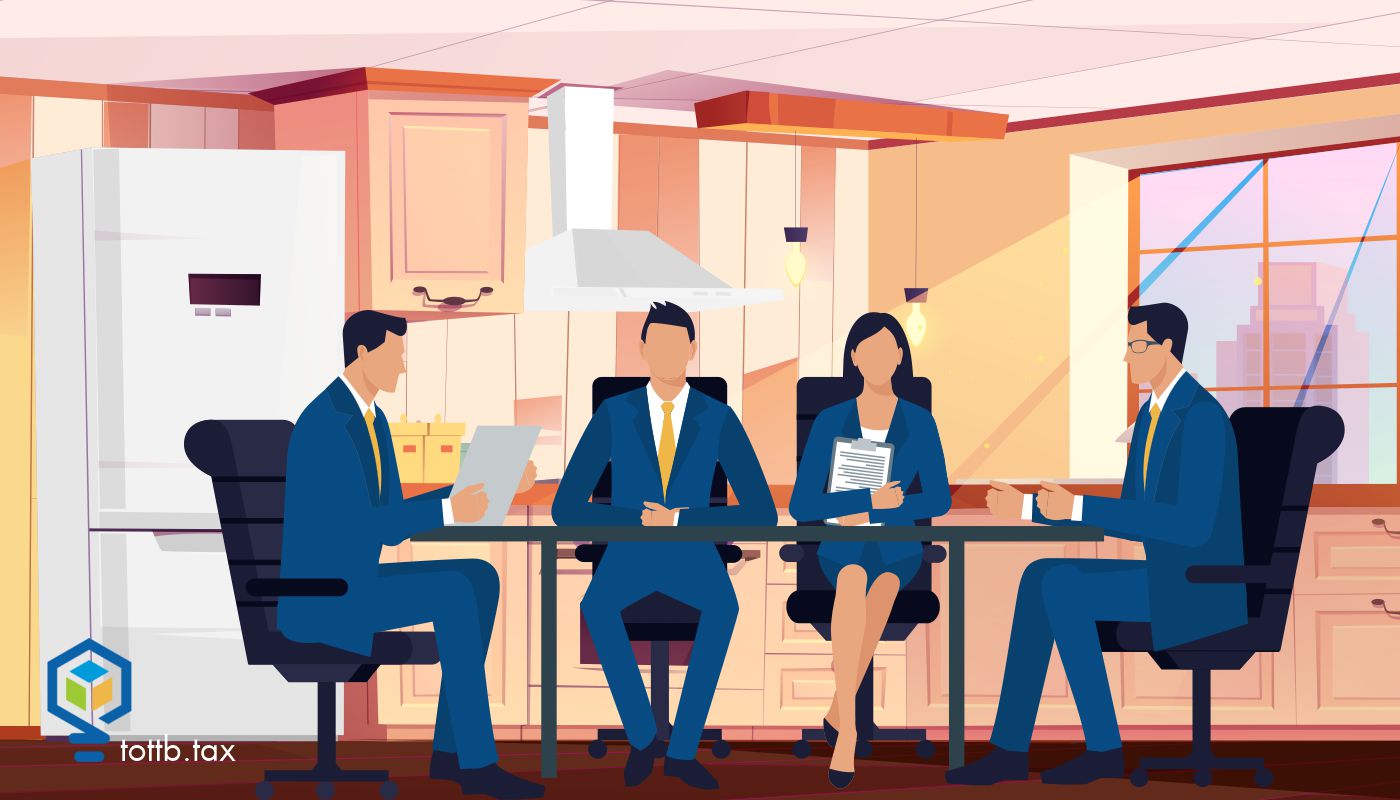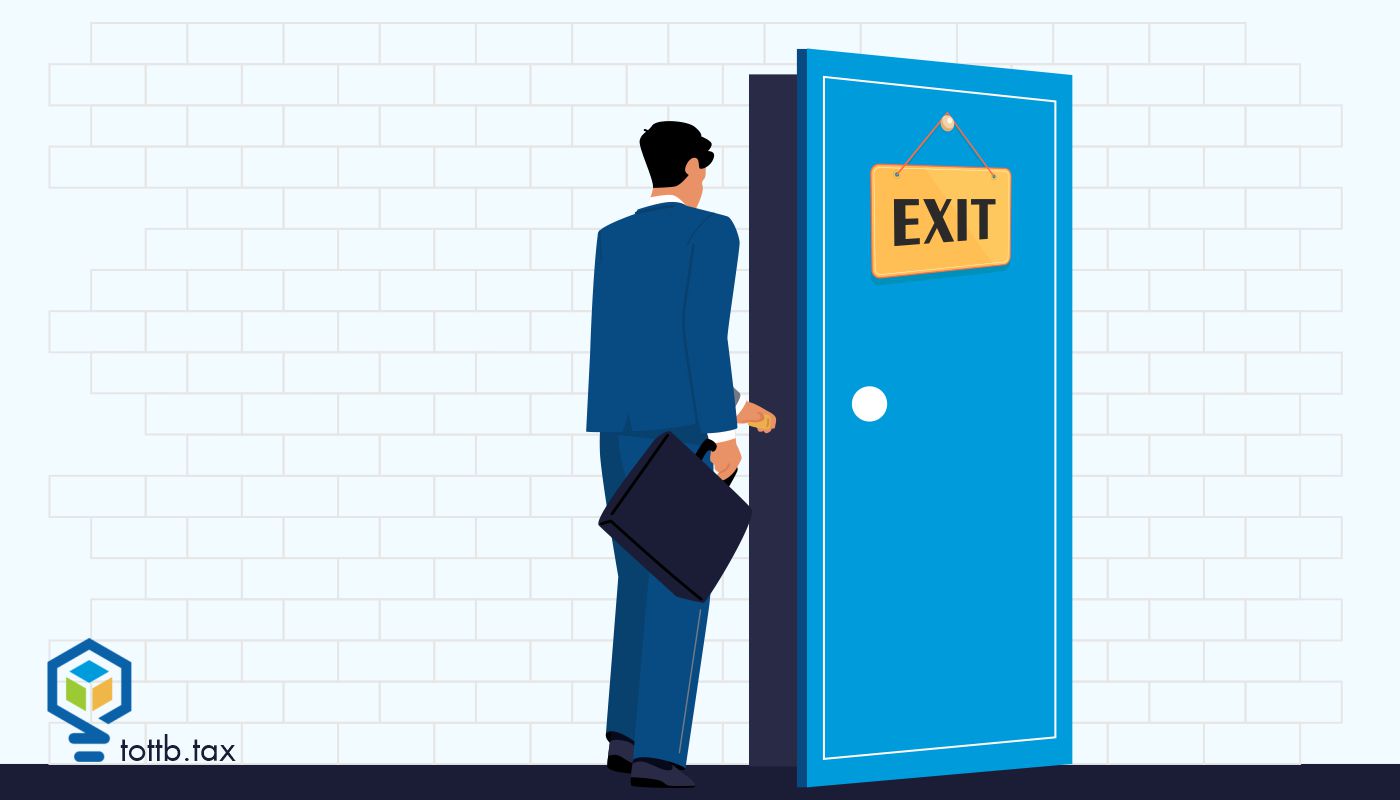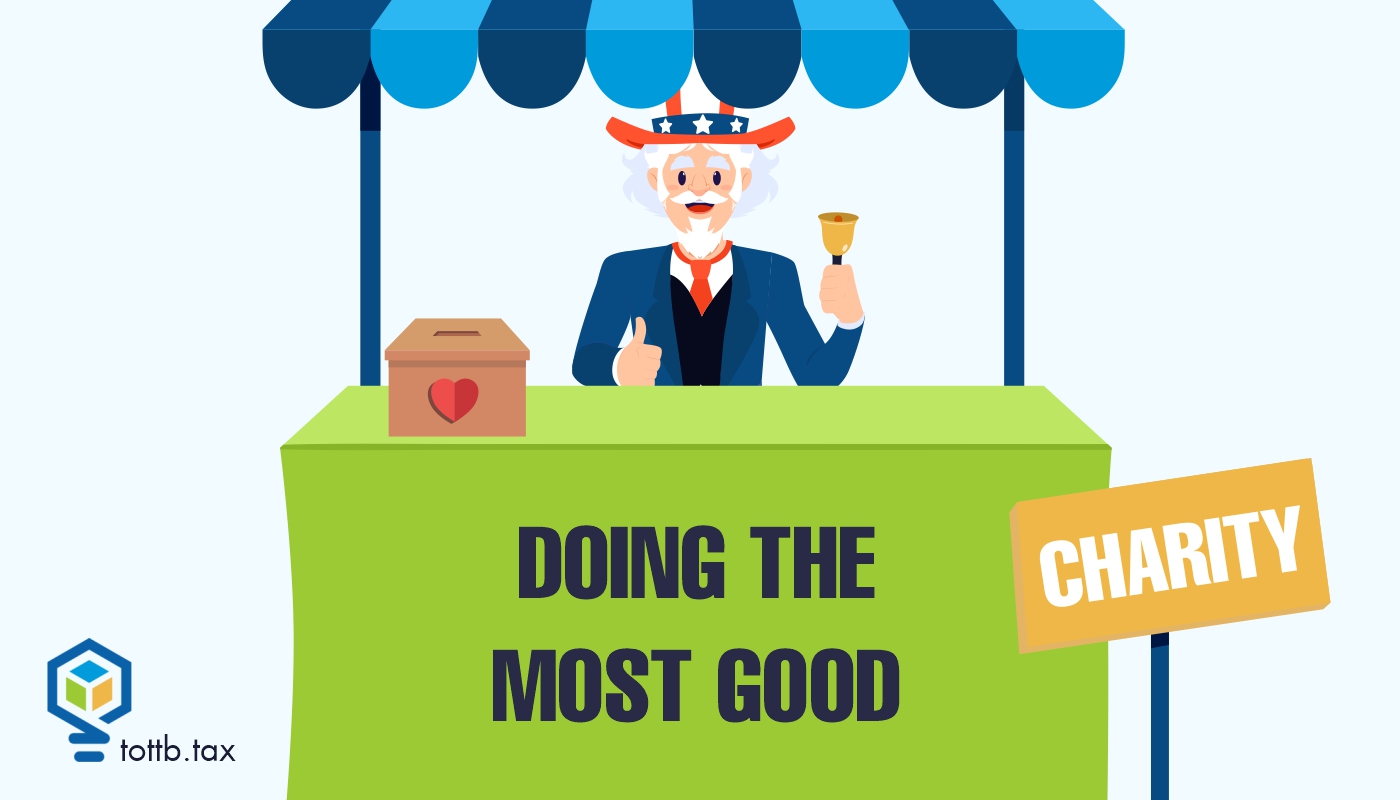CURRENT EDITION

The Benefits Your Military Veteran Clients Aren’t Using (And Why That’s a Planning Problem)
Why aren’t more veterans using the benefits they’ve earned? Part of the problem is awareness, and part of it is discomfort (for both veterans and advisors). After all, veteran benefits are rooted in service-connected health and trauma, placing them in a category that often feels more personal than financial. That alone can deter veterans from discussing their disability compensation and keep advisors from broaching the subject altogether. The result is financial plans that look optimized on paper but are built on incomplete assumptions and missed opportunities – opportunities that have been more than earned.
READ MORELoose Change in Your Couch and Maybe a Tax Break at Your Kitchen Table
A 2023 Tax Court decision upheld what many small business owners and tax practitioners have wondered about for some time. The court found that shareholders of an S corporation could exclude rental income paid to them by their S corporation for holding planning meetings in their homes. While the IRS and court found that the amounts charged by the shareholders were excessive, the court found the arrangement itself within the bounds of the law. This article examines this case and underlying law and when and how this is a planning idea worth pursuing, the limitations and unknowns involved, and the policy implications of this long standing exclusion. The case is Sinopoli, TC Memo 2023-105 involving the exclusion at IRC Section 280A(g).
Read MoreWhen Clients Leave, Look for a New Niche
What are clients, especially niche clients, generally looking for in an accounting firm? How do they look for an accounting firm? Those questions need answers if you’re to grow your firm as clients inevitably drop away and need to be replaced. Here’s a look at why and when clients might want a new accounting firm – or be thinking about moving on from yours – and niches you might want to investigate to replace these clients.
Read MoreTAX COURT ROUNDUP – July 2024
Month's-end brought signs of things to come. Earlier we saw clarification of the non-jurisdictional limit in employee classification cases, a new IRS tactic in syndication conservation easements, and, as always, sharpeners for the practitioner's toolkit.
Read MoreAn Update on BOI Reporting
Misinformation, misinterpretations, and catastrophizing – much has been written these past few months about BOI (Beneficial Ownership Information), all coming from a range of voices, from tax professionals to politicians. There have been dire predictions of small business owners being ushered to jail for failing to file and fears of tax professionals rounded up for the unauthorized practice of law (UPL). Then there are those who mistakenly say BOI has been ruled unconstitutional and who reject any need to worry about it. That is profoundly wrong. Let’s look at the facts and put an end to all of this fearmongering.
Read MoreSide Hustles and Tax Tussles: Tax in the Gig and Share Economy Part One
I can recall looking for a part time job in local newspapers when I was in high school. Sometimes a friend and I would ride around with our $2.29 per gallon gas looking for places that were hiring. Facebook was gaining popularity but not for job posting. So, searching for jobs on my phone via an app was unimaginable. Advances in technology have changed the way that we do things in the world. Everything an individual needs to find a job is right at their fingertips. There are more opportunities to find gigs and be your own boss if that’s what one desires. There’s no question that the way people find ways to earn income has changed. What has not changed is the fact that the IRS wants their share of the income earned. But how do we apply the tax code to these new ways that taxpayers are earning money? We are going to break that down in this three-part series. Whether your client is doing odd jobs on an app like TaskRabbit, driving for Lyft, renting out their home or car, you will know how to guide them. This is what we are going to cover today with a focus on rideshare, delivery, and other service gigs.
Read MoreBuilding Your Firm’s Succession Plan from Within
One day, you won’t want to work anymore, at least not at your current firm. How do you pass on your firm for the best chances of success for everyone? That day when you step out the door for the last time may still seem far off, but when it comes – and it will – you’ll be thankful for an orderly departure. That many accounting firms never make it to a second generation indicates that a lot goes into successful succession plans: impressions of senior staff; the bottom line on your firm’s value and future; and, trickiest of all, just admitting that you need a succession plan. Hammer out details beforehand, especially if you, rather than merging your firm into another or selling your firm, want to groom your firm’s next leaders from within. How and when to start?
Read MoreInnovative Marketing Trends in 2024
As the accounting industry progresses, staying up-to-date with the latest marketing trends is crucial for us accountants as we aim to attract and retain clients. The marketing landscape is witnessing a significant transformation through major technological advances and continuous changes in consumer purchase behavior, affecting how we attract clients as accountants and business owners. Therefore, to thrive in this dynamic environment, as accountants, we must embrace these innovative marketing strategies that resonate with modern clients. In this article, I'll discuss ten groundbreaking marketing techniques and how you can use them in your firm's marketing strategy.
Read MoreCharitable Contributions From Your IRA: Tips and Traps
A really neat thing happens when you turn 70 and ½. Your IRAs essentially turn into donor advised funds if you don’t need all the money in them to make ends meet. Rather than withdraw money from your IRA to make charitable contributions, you can make them out of the IRA. So instead of an itemized deduction, you get an exclusion from adjusted gross income. For some people this might be a wash, but for most it probably isn’t. Besides the possibility of not being over the standard deduction threshold, there are a host of computations and thresholds that involve AGI. There are some things you need to watch out for, but first let’s go over the basics.
Read MoreNOT A MEMBER YET?

SUBSCRIBE TO GET ALL OF OUR
GREAT ARTICLES AND RESOURCES!
CURRENT EDITION

The Benefits Your Military Veteran Clients Aren’t Using (And Why That’s a Planning Problem)
Why aren’t more veterans using the benefits they’ve earned? Part of the problem is awareness, and part of it is discomfort (for both veterans and advisors). After all, veteran benefits are rooted in service-connected health and trauma, placing them in a category that often feels more personal than financial. That alone can deter veterans from discussing their disability compensation and keep advisors from broaching the subject altogether. The result is financial plans that look optimized on paper but are built on incomplete assumptions and missed opportunities – opportunities that have been more than earned.

Start the Year Right: Your WISP Doesn’t Have to Be a Tax Season Nightmare
The mere mention of a WISP makes most tax professionals want to suddenly lose their internet connection. It sounds bureaucratic, technical, and deeply unfun. But here’s the good news: creating and maintaining a WISP does not have to feel like a compliance root canal. And ignoring it can turn into something far worse than an IRS audit. Let’s talk about why you need one, what it’s actually supposed to do, and how to get it done without wrecking your sanity in the middle of filing season.

Fleeing High Tax States And The Stickiness Of Domicile
Part of preparing to leave a high state tax is facing up to the fact that the tax collectors of high-tax states can be kind of clingy. There is more to changing your residence for tax purposes than simple steps like a new driver’s license and a change in voter registration.









